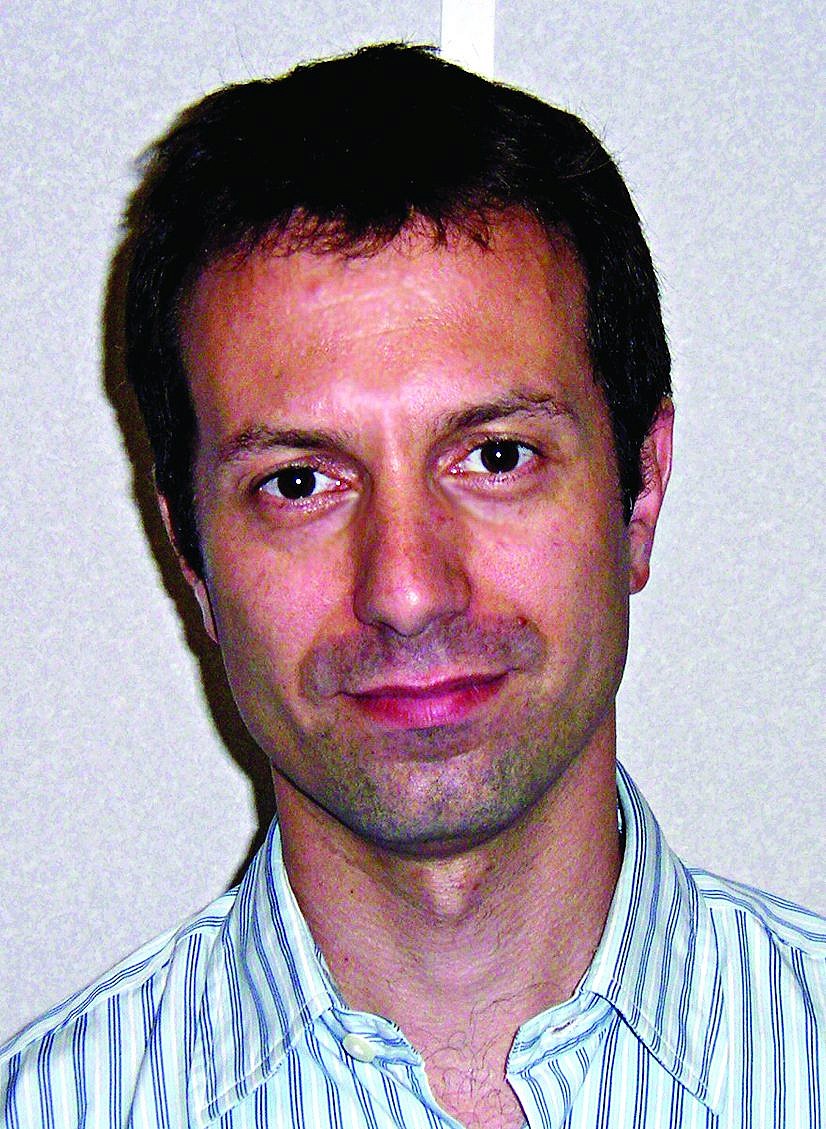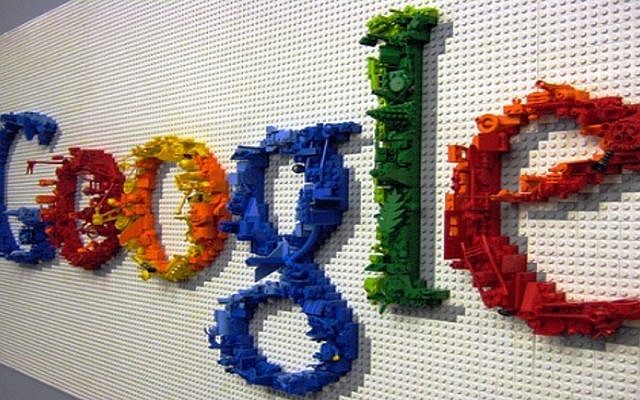Brits make 170,000 antisemitic Google searches a year
Jeremy Corbyn's meeting with Jewish leaders last year caused an 80 percent spike in searches, says CST. One in 10 of searches is for violent terms
Joe Millis is a journalist
About one in 10 of the more than 170,000 antisemitic Google searches made in Britain every year include violent phrases such as “kill Jews”, the Community Security Trust (CST) has revealed.
The CST study – Hidden Hate: What Google Searches Tell Us About Antisemitism Today – released on Friday, revealed that while most of the searches are for jokes mocking Jewish people, the most common negative stereotypes claim Jews are “evil” and “racist”.
There was a rise of almost 80 percent in antisemitic searches in April, after Labour leader Jeremy Corbyn held talks with Jewish communal leaders.
The findings cover a 14-year period starting in 2004 and are based on analysis of Google data, as well as material from the archive of the far-right website Stormfront, one of the oldest and largest neo-Nazi websites.
The study, commissioned jointly by the CST and the Antisemitism Policy Trust, set out the most common abusive searches, where they are most popular and at what time of the day, and how trends have changed over time.
As well as 17,000 of the searches having violent connotations, the CST report also found that they tended to spike between 2am and 3am, and that Wales had the highest proportion of searches with the lowest in Scotland.
It also found that someone searching for jokes about Jews is 100 times more likely to search for jokes about black people, using the N-word, and that there was little difference between Labour- and Conservative-voting areas.
There was also a sharp rise in antisemitic searches immediately after Israel’s Netta won last year’s Eurovision Song Contest.

The research also pointed to an enduring fascination with conspiracy theories about the role of the Rothschild banking family in “running the world”.
The report acknowledged “it is impossible to know for sure that any given search is made by a person with antisemitic attitudes”. However, it said people tended to be far more open when they search for something online, revealing prejudices, hatreds and interests they might otherwise have kept hidden.
Report author Seth Stephens-Davidowitz said: “We have found that searches looking for information on the Holocaust being a hoax rise about 30 percent every year on Holocaust Memorial Day.
“We learned that Jewish women in public life or positions of power are the subject of more antisemitism searches than Jewish men in similar positions.

“We found evidence of the rise in popularity of antisemitic conspiracy theories … and we found that sometimes heightened media focus on Jews or Israel, even if it is positive, can still lead to an increase in online searches for antisemitic content.”
CST head of policy Dr Dave Rich said: “Search engines and internet companies have a responsibility to ensure that people asking these questions are directed away from hateful content and towards material that might challenge their prejudices.”
Google said it “does its best to prevent inappropriate predictions”. A spokesperson added: “We partner with organisations in the UK who work to tackle hate speech, including CST and Stop Hate UK.
“Autocomplete helps you get to the information you are looking for as quickly as possible. For certain issues, including hateful predictions against groups and individuals based on religion, we have developed policies to exclude such terms.”
Karen Pollock, Chief Executive of the Holocaust Educational Trust reflected on the news, saying: “This research just goes to prove what many of us have been aware of for years. Online platforms have become places where one can easily access hate.
“The report finds that Google searches for “Holocaust hoax” are roughly 30 per cent above average on Holocaust Memorial Day (27th January). Surely there is a way for internet search engines to prevent hate being so readily available, at the click of a button.”

Thank you for helping to make Jewish News the leading source of news and opinion for the UK Jewish community. Today we're asking for your invaluable help to continue putting our community first in everything we do.
For as little as £5 a month you can help sustain the vital work we do in celebrating and standing up for Jewish life in Britain.
Jewish News holds our community together and keeps us connected. Like a synagogue, it’s where people turn to feel part of something bigger. It also proudly shows the rest of Britain the vibrancy and rich culture of modern Jewish life.
You can make a quick and easy one-off or monthly contribution of £5, £10, £20 or any other sum you’re comfortable with.
100% of your donation will help us continue celebrating our community, in all its dynamic diversity...
Engaging
Being a community platform means so much more than producing a newspaper and website. One of our proudest roles is media partnering with our invaluable charities to amplify the outstanding work they do to help us all.
Celebrating
There’s no shortage of oys in the world but Jewish News takes every opportunity to celebrate the joys too, through projects like Night of Heroes, 40 Under 40 and other compelling countdowns that make the community kvell with pride.
Pioneering
In the first collaboration between media outlets from different faiths, Jewish News worked with British Muslim TV and Church Times to produce a list of young activists leading the way on interfaith understanding.
Campaigning
Royal Mail issued a stamp honouring Holocaust hero Sir Nicholas Winton after a Jewish News campaign attracted more than 100,000 backers. Jewish Newsalso produces special editions of the paper highlighting pressing issues including mental health and Holocaust remembrance.
Easy access
In an age when news is readily accessible, Jewish News provides high-quality content free online and offline, removing any financial barriers to connecting people.
Voice of our community to wider society
The Jewish News team regularly appears on TV, radio and on the pages of the national press to comment on stories about the Jewish community. Easy access to the paper on the streets of London also means Jewish News provides an invaluable window into the community for the country at large.
We hope you agree all this is worth preserving.






















